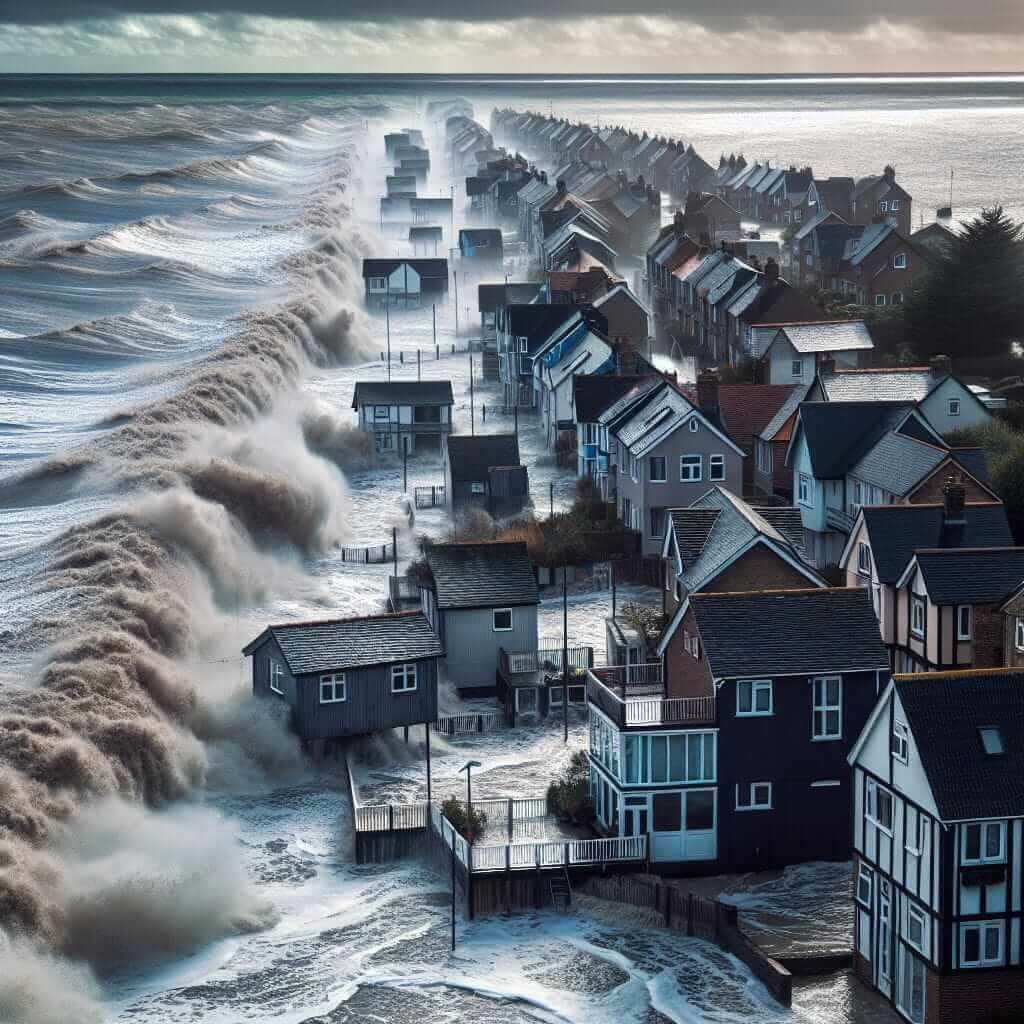The IELTS Reading test is a crucial part of the IELTS exam, aimed at assessing your reading skills through a variety of texts and question types. One recurring and significant topic is climate change and its broader impacts. This not only tests your comprehension but also your ability to understand complex, global issues. One such topic is “What are the implications of climate change on global security?” Given its rising relevance, it’s likely to appear in future IELTS exams.
In this article, we delve into a practice IELTS Reading passage on this topic, designed to help you understand the test’s format, improve your reading skills, and prepare effectively.
Practice Reading Passage on Climate Change and Global Security
Passage: Climate Change and Its Implications on Global Security
Climate change is an escalating global crisis with far-reaching impacts on international security. The rising temperatures, extreme weather events, and sea-level rise are creating new challenges and exacerbating existing vulnerabilities. This passage explores the multifaceted security threats posed by climate change.
The primary concern is the increasing frequency and intensity of natural disasters. These events displace populations, disrupt economies, and strain resources, leading to heightened tensions and conflicts. For instance, severe droughts in Syria contributed to social unrest and the subsequent civil war by driving mass migrations from rural to urban areas, thereby increasing competition for limited resources.
Additionally, climate change is amplifying resource scarcity. Water and food shortages are becoming critical in many regions, exacerbating poverty and fueling conflicts. In sub-Saharan Africa, dwindling water supplies are igniting clashes between farmers and herders, destabilizing the region further.

Furthermore, climate change poses significant risks to coastal areas due to rising sea levels. Many small island nations and low-lying coastal areas face existential threats, potentially leading to mass relocations and loss of livelihoods. Bangladesh, for instance, is at risk of losing vast tracts of land, endangering millions of lives and pushing them into extreme poverty.
The melting Arctic ice is also opening new geopolitical flashpoints. As ice recedes, new shipping routes and untapped natural resources become accessible, leading to territorial disputes among Arctic nations. This race for resources could escalate into military confrontations, undermining global stability.
Lastly, the social and economic impacts of climate change are straining national security infrastructures. Governments worldwide are grappling with the need to address climate-induced challenges, such as managing refugee flows, rebuilding after disasters, and mitigating economic disruptions, all of which require significant financial and administrative resources.
In conclusion, climate change is not just an environmental issue but a pressing global security concern. Understanding its implications is crucial for developing strategies to mitigate risks and build resilient societies.
Questions
Multiple Choice
-
According to the passage, which of the following is a primary concern related to climate change?
A. Reduction in agricultural yields
B. The increasing frequency of natural disasters
C. Technological innovation in energy
D. Economic growth in developing countries -
How has climate change affected Syria, as mentioned in the passage?
A. By increasing agricultural production
B. By driving mass migrations and contributing to social unrest
C. By enhancing regional cooperation
D. By decreasing urbanization rates
Identifying Information (True/False/Not Given)
-
Natural disasters caused by climate change have no impact on population displacement.
A. True
B. False
C. Not Given -
The melting Arctic ice is reducing geopolitical tensions among Arctic nations.
A. True
B. False
C. Not Given
Matching Headings
Match the following headings to the paragraphs:
-
Paragraph A
i. Climate change-induced natural disasters
ii. Technological advancements in climate research -
Paragraph D
i. The threat of rising sea levels
ii. The increase of water supply
Answer Key and Explanations
- B. The increasing frequency of natural disasters. (The first paragraph highlights natural disasters as the primary concern related to climate change.)
- B. By driving mass migrations and contributing to social unrest. (The passage states that severe droughts in Syria led to social unrest and migrations.)
- B. False. (The passage clearly states that natural disasters caused by climate change displace populations.)
- B. False. (The passage mentions that melting Arctic ice is causing new geopolitical flashpoints rather than reducing tensions.)
- i. Climate change-induced natural disasters. (Paragraph A focuses on the frequency and impact of natural disasters due to climate change.)
- i. The threat of rising sea levels. (Paragraph D discusses the risks to coastal areas from rising sea levels.)
Common Mistakes to Avoid
- Misinterpreting the Question: Always read the question carefully. Misunderstanding even a single word can lead to incorrect answers.
- Rushing Through the Text: Take your time to understand the passage thoroughly.
- Ignoring Context: Ensure you consider the context of the information given to ascertain the right answer.
Vocabulary
- Escalating (adj.) /ˈɛskəleɪtɪŋ/: increasing rapidly
- Vulnerabilities (n.) /ˌvʌlnərəˈbɪlɪtiz/: weaknesses
- Multifaceted (adj.) /ˌmʌltɪˈfæsɪtɪd/: having many different aspects or features
- Displace (v.) /dɪsˈpleɪs/: force someone to leave their home
- Amplifying (v.) /ˈæmplɪfaɪɪŋ/: increasing the strength
- **Geopolitical (adj.) /ˌdʒiːəʊpəˈlɪtɪkəl/: relating to politics, especially international relations, as influenced by geographical factors
Grammar Focus
- Relative Clauses: “These events, which displace populations, disrupt economies, and strain resources, lead to heightened tensions and conflicts.”
- Passive Voice: “The melting Arctic ice is opening new geopolitical flashpoints.”
Tips for High IELTS Reading Scores
- Practice Regularly: Regular reading practice improves speed and comprehension.
- Expand Vocabulary: Learn new words daily and understand their context.
- Understand Different Question Types: Familiarize yourself with the various IELTS question formats.
- Improve Skimming and Scanning: Develop these techniques to locate information quickly.
By integrating these strategies into your study routine, you’ll be well-prepared to achieve a high score in the IELTS Reading section.